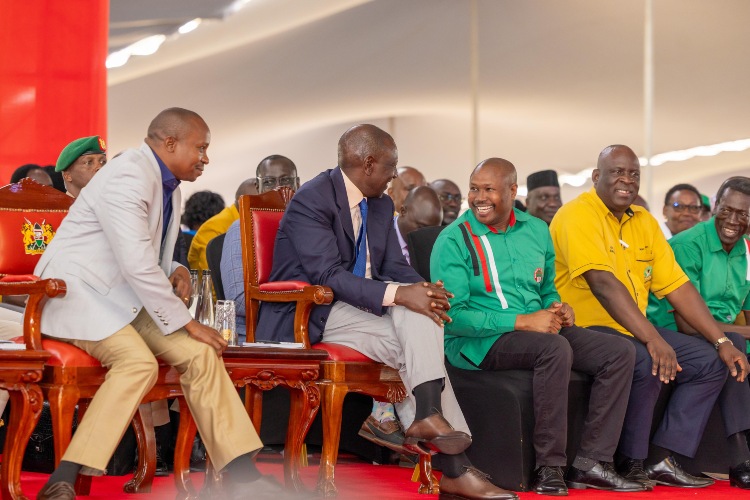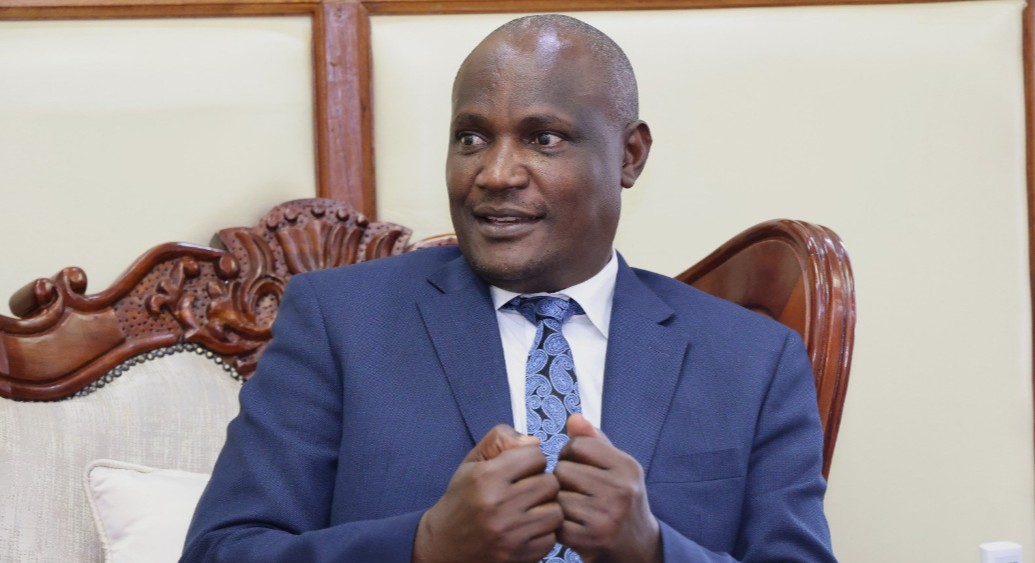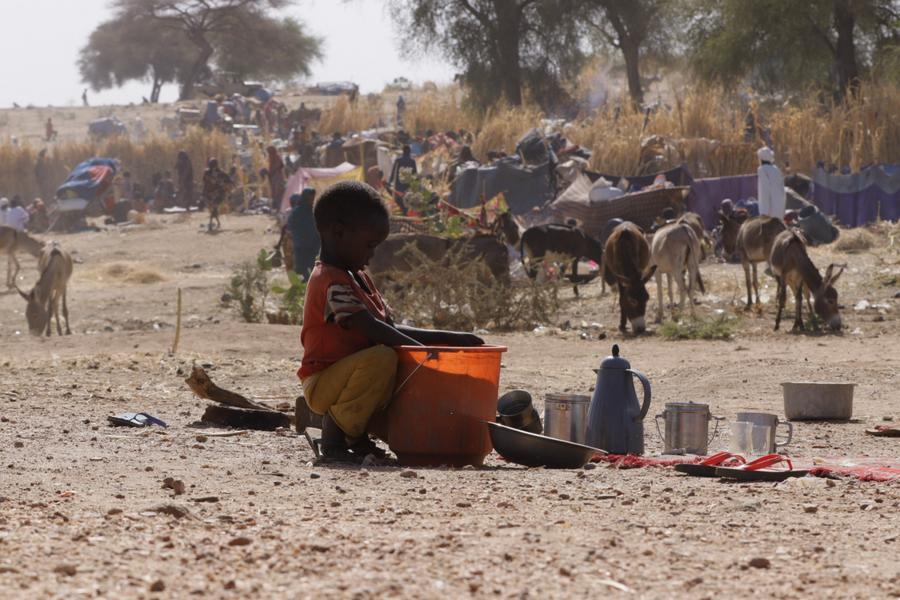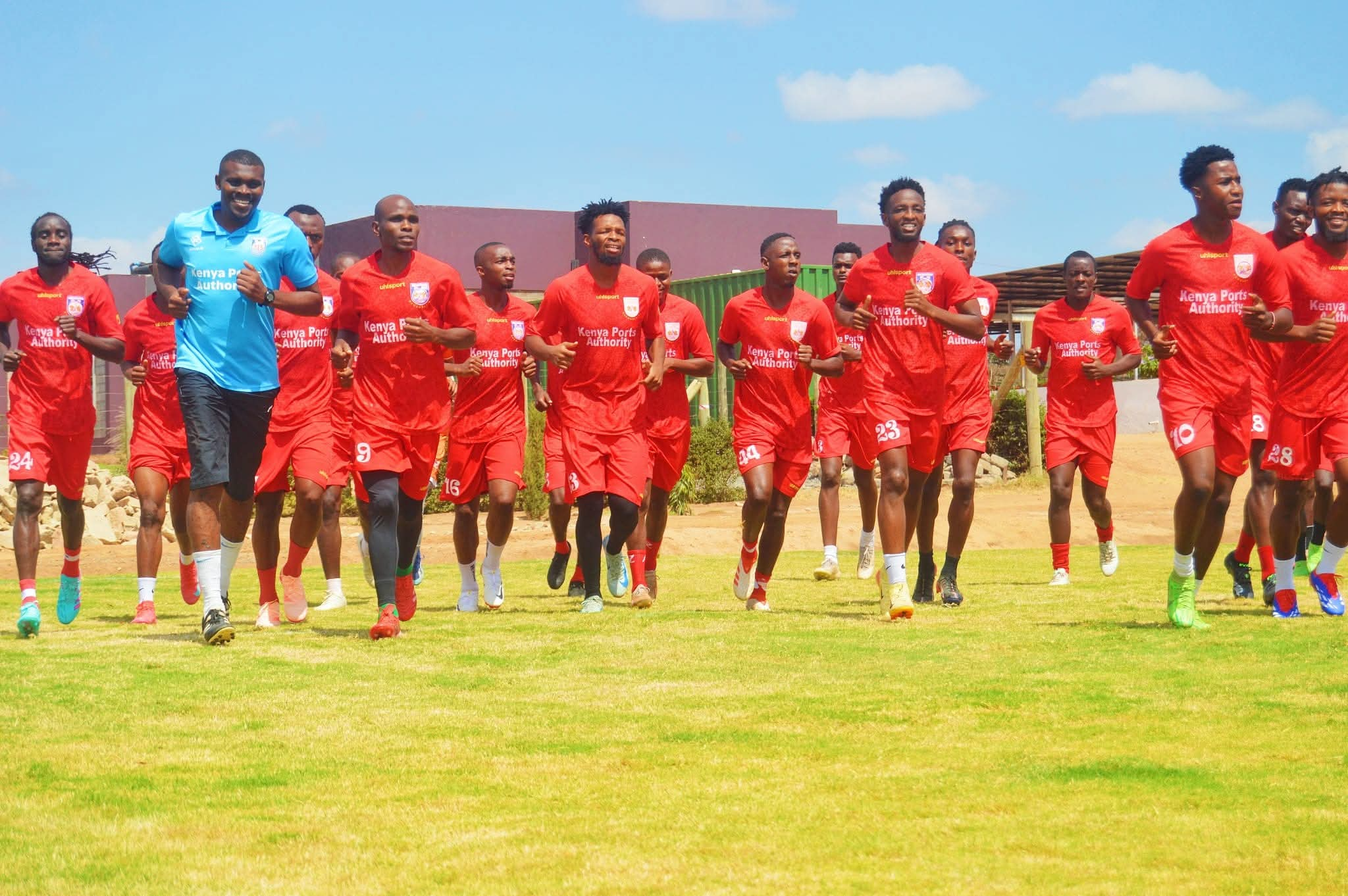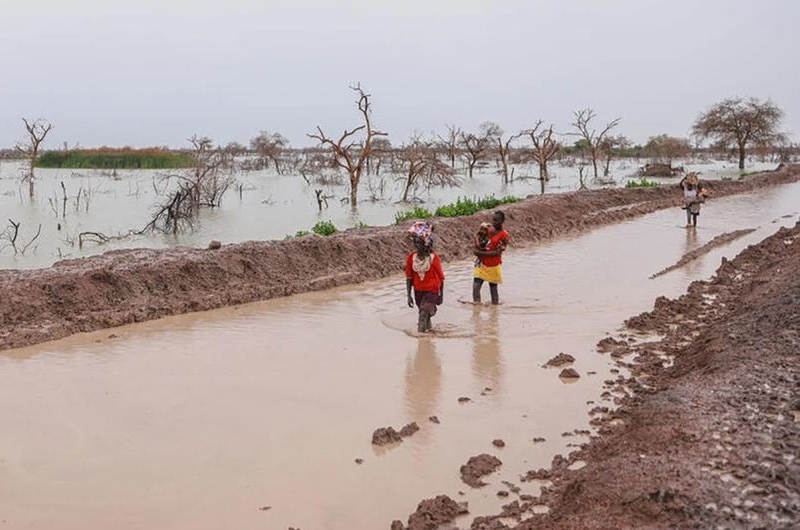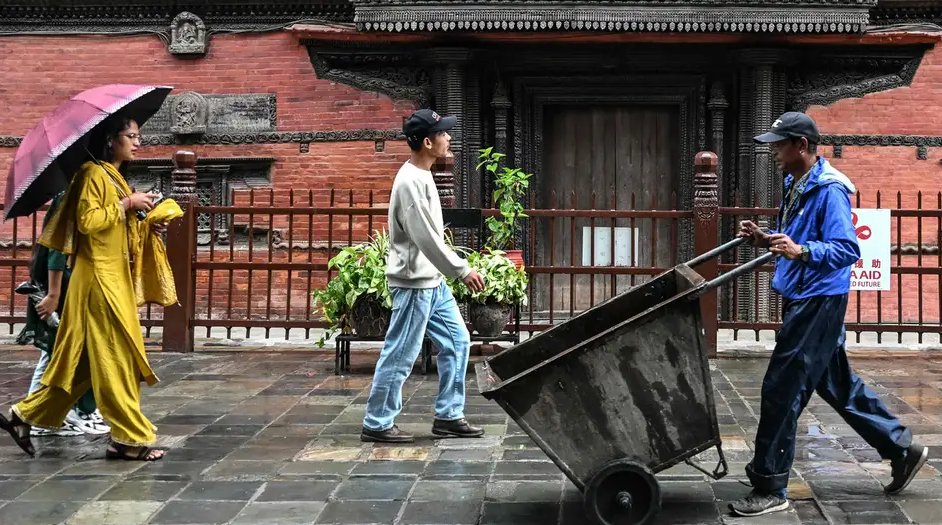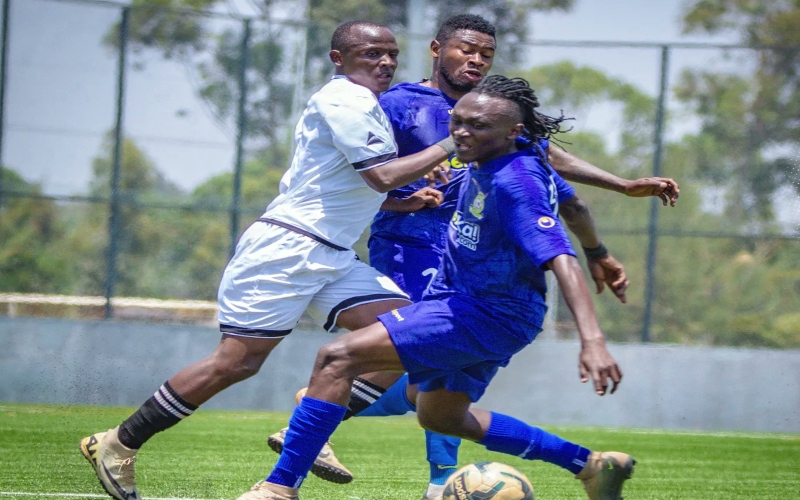Women MPs propose national registry for sex offenders, safe houses for survivors in fight against femicide
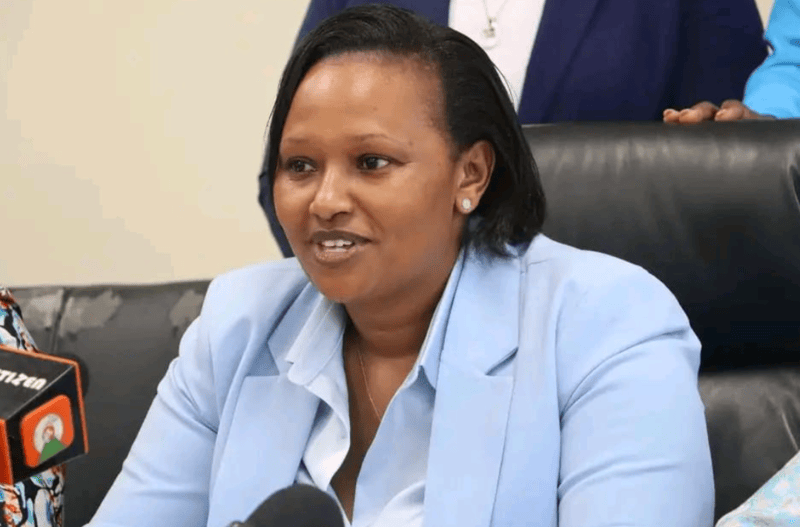
The Kenya Women Parliamentary Association (Kewopa), led by Chairperson Leah Sankaire, submitted the proposals as part of their broader strategy to tackle GBV.
In a bid to strengthen the fight against femicide, women MPs have proposed the creation of a national registry for convicted sex offenders, the establishment of safe houses for survivors, and a six- to twelve-month timeline for processing cases in specialised gender courts.
These are among several recommendations presented to the Technical Working Group on Gender-Based Violence (GBV) and Femicide to enhance the country’s response to such violence.
More To Read
- Kwale moves to operationalise GBV Act with new policy framework
- Githunguri MP Gathoni Wamuchomba protests suspension, backs femicide victims
- CS Murkomen raises alarm over rising gender-based violence in Rift Valley
- Women governors demand probe into child exploitation in Maai Mahiu
- EAC to set up joint taskforce and offender database to curb SGBV, cross-border crimes
- MPs demand urgent action on rising gender-based violence cases across Kenya
The Kenya Women Parliamentary Association (Kewopa), led by Chairperson Leah Sankaire, submitted the proposals as part of their broader strategy to tackle GBV.
Sankaire called on the taskforce to support legislation that would mandate county governments to establish safe houses for survivors of sexual and gender-based violence (SGBV). She also emphasised the need for swifter justice, suggesting that specialised gender courts commit to resolving cases within six to twelve months.
In addition, Kewopa advocated for the establishment of a national registry to monitor convicted sex offenders. Sankaire attributed the slow progress in amending the Sexual Offences Act (2006) to a lack of support from male MPs in Parliament.
“Patriarchy in Parliament is a serious bottleneck in passing gender laws, including the two-thirds gender rule. Men, compared to women MPs, have the numbers—and without them, no laws can pass,” said Sankaire, who also serves as the Kajiado Woman Representative.
Data from the Government Laboratory revealed that between 2022 and 2024, women accounted for 48.5 per cent of all homicides, with 787 of 1,624 homicide victims being women. The laboratory also used forensic DNA technology in over 2,500 sexual offence cases, 1,600 murder cases, and 100 assault cases during the same period.
Addressing the challenges facing forensic science, Government Chemist William Munywoki cited outdated technology, uncollected reports, lack of training, and poor crime scene management as key obstacles to effective investigations.
“The time lapse between evidence collection and submission is absolutely critical. The window period for collecting intimate samples in sexual offence cases is 72 hours for adults and 24 hours for pre-pubertal victims. If this window is missed, the chances of the evidence being useful in court are significantly reduced,” Munywoki said.
He recommended modernising systems, increasing budgetary allocations, recruiting additional staff, and forming an inter-agency forensic science group to improve evidence handling. Munywoki also called for the enactment of a DNA law and the finalisation of the National Forensic Science Bill.
Kenya National Commission on Human Rights (KNCHR) CEO Bernard Mogase highlighted several legal gaps, including the absence of a clear legal definition of femicide and the failure to acknowledge consensual adolescent relationships, which he said often results in the unjust prosecution of young men.
“There is a need for the law to distinguish between consensual adolescent relationships and exploitative or abusive ones, thereby offering a more nuanced approach that provides protection without unfair penalties,” Mogase said.
The KNCHR also raised concerns over the lack of legislation on sexual harassment in public spaces and the legality of out-of-court settlements for sexual offences.
The Commission called for the decentralisation and resourcing of GBV units within the Office of the Director of Public Prosecutions and the National Police Service. It also urged the State Department for Gender and county governments to establish recovery centres and safe houses for survivors.
The National Council on the Administration of Justice (NCAJ) Committee on SGBV noted that women and girls are disproportionately affected by GBV. According to the 2022 Demographic and Health Survey, 16 per cent of women had experienced physical violence, and 14 per cent had experienced sexual violence. In 2021 alone, 8,149 GBV cases were reported, with 92 per cent of the victims being female.
The NCAJ linked the high prevalence of domestic violence to a culture that normalises abuse and the “wanton” killing of women.
“Femicide in Kenya is indeed indicative of unchecked gender-based violence. Femicide is the most brutal manifestation of GBV,” reads the NCAJ memorandum.
To address this, the NCAJ recommended revisions to the Sexual Offences Act and revealed that it had already drafted a bill to define femicide, technology-facilitated GBV, online exploitation, domestic violence, and other emerging offences. The committee also called for the creation of an integrated data system to improve GBV response and case management.
A 2024 study by the Collaborative Centre for Gender and Development found that 90 per cent of young adults in Nairobi’s tertiary institutions had witnessed technology-facilitated GBV, with 39 per cent having personally experienced it.
The 42-member Technical Working Group on GBV and Femicide, chaired by former Deputy Chief Justice Nancy Baraza, was established by President William Ruto in January to assess, review, and recommend reforms to strengthen Kenya’s institutional, legal, and policy response to gender-based violence and femicide.
Top Stories Today
